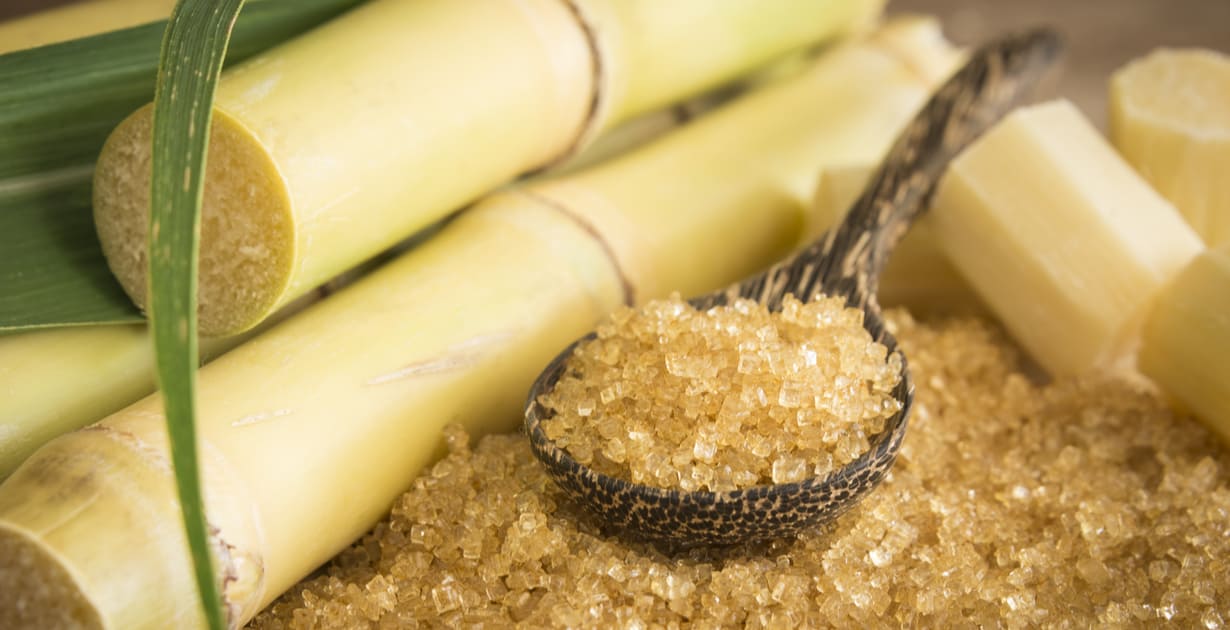Efficient Cane Sugar Processing: Optimizing Yield and Pureness
Efficient Cane Sugar Processing: Optimizing Yield and Pureness
Blog Article
A Comprehensive Summary of the Health and Economic Ramifications of Cane Sugar Handling on Regional Neighborhoods
Walking cane sugar handling plays an essential function in forming the economic landscape of neighborhood areas, supplying employment possibilities and promoting supplementary markets. Nonetheless, the wellness implications related to high sugar consumption can not be forgotten, as they add to increasing prices of weight problems and diabetes. This nuanced vibrant welcomes a critical exam of how neighborhoods can enhance financial gains while resolving the pressing health and wellness difficulties they face. The exploration of instructional campaigns and sustainable techniques might simply hold the secret to resolving these conflicting passions. What techniques might areas execute to achieve this balance?
Financial Benefits of Cane Sugar Processing
Walking stick sugar processing uses significant financial benefits that prolong past the prompt agricultural market. The cultivation and processing of sugarcane produce various task opportunities, from farming to production and distribution. This employment generation not only sustains neighborhood economic situations however also promotes neighborhood advancement by giving stable income resources for households.
Moreover, the sugar market promotes secondary organizations, consisting of transport, equipment supply, and product packaging services (Cane Sugar Processing). As these fields grow, they add to a much more durable financial structure, enhancing total community durability. The export potential of refined walking stick sugar better amplifies economic benefits, positioning areas as competitive gamers in worldwide markets
Financial investment in modern-day processing centers can cause boosted productivity and performance, therefore decreasing waste and enhancing resource usage. This shift not only benefits the regional economic situation however also supports sustainability initiatives by minimizing ecological impacts.
Furthermore, the earnings produced from walking cane sugar processing can be reinvested in neighborhood infrastructure, education and learning, and medical care, promoting alternative area growth. On the whole, the economic benefits of cane sugar processing are diverse, supplying a foundation for sustaining prosperity in farming areas.
Wellness Threats Related To Sugar Usage
Excessive sugar usage postures significant wellness risks that warrant major interest. High intake of sugarcoated, specifically from refined foods and drinks, has been linked to many wellness complications. One of the most pressing issues is weight problems, as sugary diet plans add to an enhanced calorie consumption without offering necessary nutrients. This unwanted can bring about metabolic conditions, including kind 2 diabetes mellitus, which has become progressively widespread in both children and grownups - Cane Sugar Processing.
Moreover, high sugar consumption is connected with cardio illness. Elevated blood sugar levels can cause insulin resistance, a forerunner to numerous heart-related issues. Furthermore, sugar can have detrimental effects on oral health, resulting in tooth cavities and gum tissue disease, as germs in the mouth flourish on sugar, creating acids that deteriorate tooth enamel.
Furthermore, emerging research suggests a prospective web link between high sugar consumption and mental wellness disorders, such as anxiety and stress and anxiety. As communities grapple with these wellness risks, it comes to be important to advertise awareness and urge much healthier nutritional selections. Addressing sugar consumption is crucial not only for individual health and wellness yet also for the total well-being of regional communities, highlighting the requirement for extensive public wellness approaches.
Environmental Influences of Sugar Production
Often neglected in conversations regarding sugar's effects is the significant ecological impact of sugar production. The cultivation of sugarcane often necessitates substantial land usage, bring about logging, loss of biodiversity, and disruption of neighborhood communities. The conversion of woodlands and marshes right into sugar plantations can lead to habitat devastation, threatening numerous varieties and altering ecological equilibrium.
Furthermore, sugar production is resource-intensive, consuming significant amounts of water for watering. This can lead to depletion of local water sources, detrimentally affecting both agricultural methods and area accessibility to clean water. Additionally, the usage of chemical plant foods and chemicals in sugarcane farming can add to soil degradation and water contamination, as runoff from these chemicals goes into neighboring rivers and lakes, affecting aquatic life and human health and wellness.
The ecological footprint includes the handling stage, where energy usage and waste generation further aggravate environmental worries. Air pollution from shedding sugarcane areas, along with greenhouse gas exhausts, add to environment modification. Therefore, the ecological implications of sugar manufacturing warrant serious factor to consider, advising stakeholders to take on even more lasting methods to minimize these damaging results on local ecosystems and neighborhoods.
Work Production and Area Advancement
The environmental challenges presented by sugar manufacturing are frequently reversed by its capacity for economic benefits, specifically in task development and community growth. The walking cane sugar sector functions as a substantial source of work in many backwoods, supplying tasks throughout numerous ability levels, from farming labor to processing and distribution duties. This work not just sustains private families yet likewise adds to the total economic vigor of regional communities.
Furthermore, the facility of sugar handling centers stimulates secondary businesses, such as transportation services, equipment supply, and maintenance carriers. As these businesses prosper, they create extra jobs and strengthen regional economies. The earnings generated from the sugar sector likewise results in enhanced tax obligation earnings, which can be reinvested into social work such as healthcare, infrastructure, and education and learning advancement.
Furthermore, the sugar industry typically takes part in community advancement efforts, such as supporting regional colleges and wellness programs, therefore improving the lifestyle for residents. By cultivating strong neighborhood connections and promoting financial growth, the walking cane sugar handling market plays a crucial role in uplifting neighborhood populaces, making it an important part of lasting development strategies in sugar-producing regions.
Balancing Health and Economic Growth
In browsing the intricacies of walking stick sugar handling, a critical difficulty depends on balancing health and wellness considerations with economic development. The sugar market dramatically contributes to neighborhood economies by generating work, promoting associated fields, and raising tax obligation incomes. Nevertheless, the wellness implications connected with too much sugar usage can lead to persistent illness such as excessive weight, diabetes mellitus, and cardio issues, which can concern public health and wellness systems and diminish workforce productivity.

Additionally, governing frameworks can play a pivotal duty in guiding market practices towards more lasting and health-conscious techniques. By cultivating collaboration between government bodies, health organizations, and the sugar sector, communities can navigate the duality of health and dig this wellness and financial growth, making certain that the benefits of walking stick sugar processing are equitably shared while focusing on public wellness.
Final Thought
In conclusion, the handling of walking cane sugar offers both considerable economic advantages and significant wellness threats for neighborhood communities. While it promotes task development and stimulates regional development, the connected health issues, especially regarding obesity and diabetic issues, demand a careful balancing act. By promoting responsible intake and investing in area education and learning and sustainable techniques, it is possible to take full advantage of financial advantages while reducing damaging health and wellness impacts, thus guaranteeing a healthier future for local populations.
Additionally, sugar can have destructive impacts on oral health and wellness, resulting in dental caries and gum disease, as germs in the mouth thrive on sugar, producing acids that wear down tooth enamel.
Resolving sugar consumption is crucial not only for individual health and wellness but also for the total well-being of regional neighborhoods, stressing the requirement for comprehensive public health approaches.
Regularly overlooked in discussions regarding sugar's effects is the significant environmental impact of sugar production. The health implications linked with too much sugar consumption can lead find this to chronic diseases such as weight problems, diabetes mellitus, and cardiovascular issues, which can concern public wellness systems and reduce labor force productivity.

Report this page